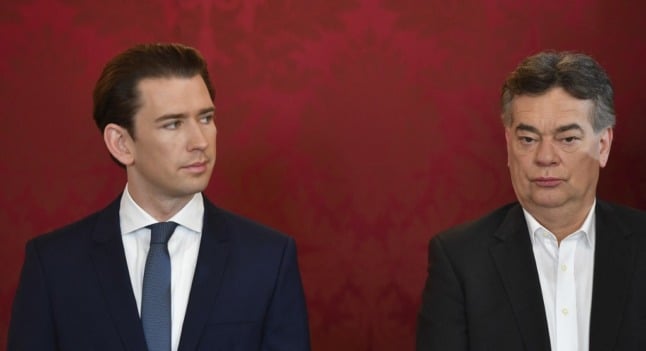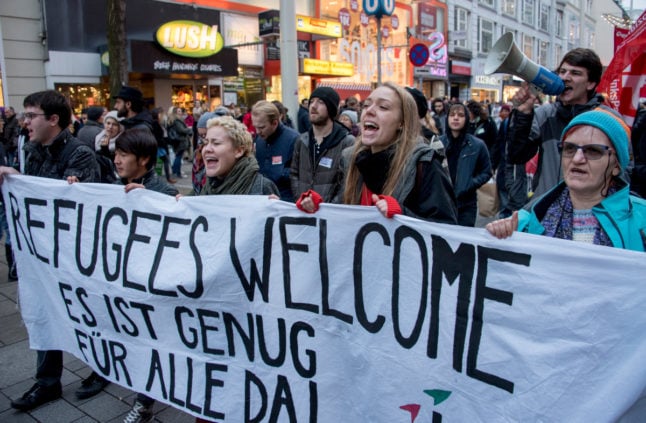Public prosecutors are investigating Austria’s Chancellor Sebastian Kurz for allegedly making false statements during a parliamentary inquiry.
When asked about the future of Austria’s leader in relation to the ongoing inquiry, Kogler told ORF radio, “A convicted Chancellor is in fact unimaginable.”
Kurz said in May that he told the truth and would not step down as Chancellor, saying, “I always answered all (the committee’s) questions truthfully.”
READ ALSO: Alleged mastermind in Austria’s ‘Ibiza-gate’ video arrested in Berlin
The Constitutional Court (VfGH) has ordered Kurz to hand over additional email evidence to the inquiry. In an interview with the ZiB2 programme, the Chancellor denied the charges and said, “Of course I will not resign”.
But Kogler’s comments put that in doubt, suggesting that the coalition between the Greens and Kurz’s conservatives could be at risk.
The Vice Chancellor said it’s necessary to wait for the outcome, whether Kurz is charged or not and then follow the case brought against him.
But if there was a conviction, he said, “Then we are on a different level in terms of assessing whether someone is fit for office.”

“It is hard to imagine that Austria can afford to have a convicted head of government.”
The investigation comes after the opposition Social Democrats (SPOe) and NEOS parties accused Kurz of not telling the truth in front of the committee of MPs, who are investigating the fallout from the so-called “Ibizagate” scandal that brought down Kurz’s previous government in 2019.
READ MORE: Ex-leader of Austrian far right charged with corruption
A secret video, filmed in a luxury Ibiza villa, showed Kurz’s then vice-chancellor Heinz-Christian Strache from the far-right Freedom Party (FPOe) seemingly offering public contracts to a woman believed to be a Russian oligarch’s niece in return for financial and political support.
It was published by two German media outlets, Der Spiegel and Süddeutsche Zeitung.
In May 2019, Kurz’s coalition collapsed when Strache was forced to resign as leader of the far-right Freedom Party and as Austrian vice chancellor.
Kurz returned to office in early 2020 in a coalition with the Greens.
Austria’s leader and members of his party have said the case against him is politically motivated and have cast doubt on the anti-corruption prosecutors’ office in charge of the case.
The parliamentary committee looking into the scandal has since broadened its focus to include other accusations of wrongdoing, including by politicians from Kurz’s People’s Party (OeVP).
The latest investigation comes as the OeVP’s party financing and other practices have increasingly come under the spotlight.
In February OeVP Finance Minister Gernot Bluemel’s home was raided as part of a separate probe into possible party financing offences.



 Please whitelist us to continue reading.
Please whitelist us to continue reading.
Member comments